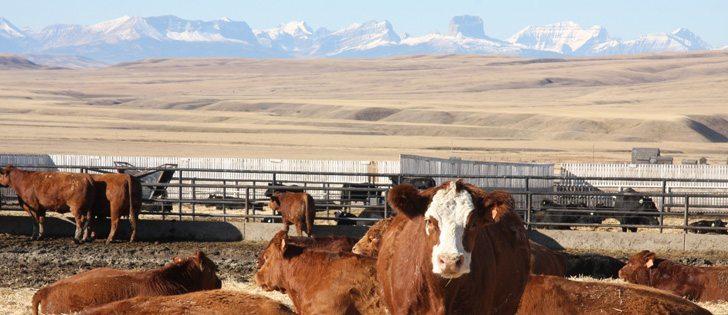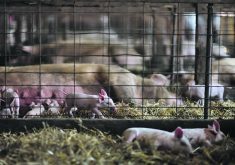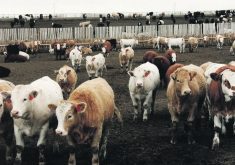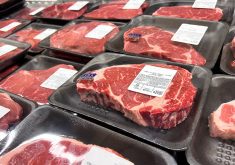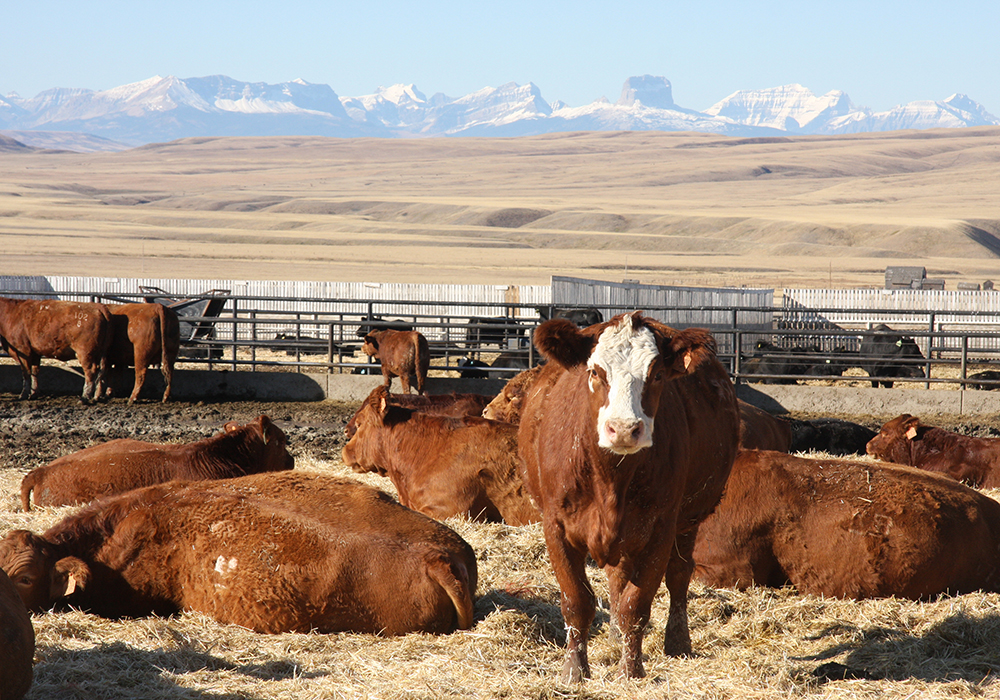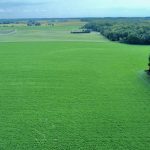COOL violates trade rules | Farm groups want country-of-origin labelling retained, but amended to conform with WTO rules
SASKATOON — A large American farm organization says it is in livestock producers’ best interests to resolve issues surrounding country- of-origin labelling and not appeal last year’s World Trade Organization ruling.
The ruling declared that the U.S. labelling requirements violated WTO rules.
The office of the U.S. Trade Representative is to announce in March whether it will appeal.
However, the American Farm Bureau Federation passed a motion at its annual meeting in January to support COOL legislation that is WTO compliant.
Read Also
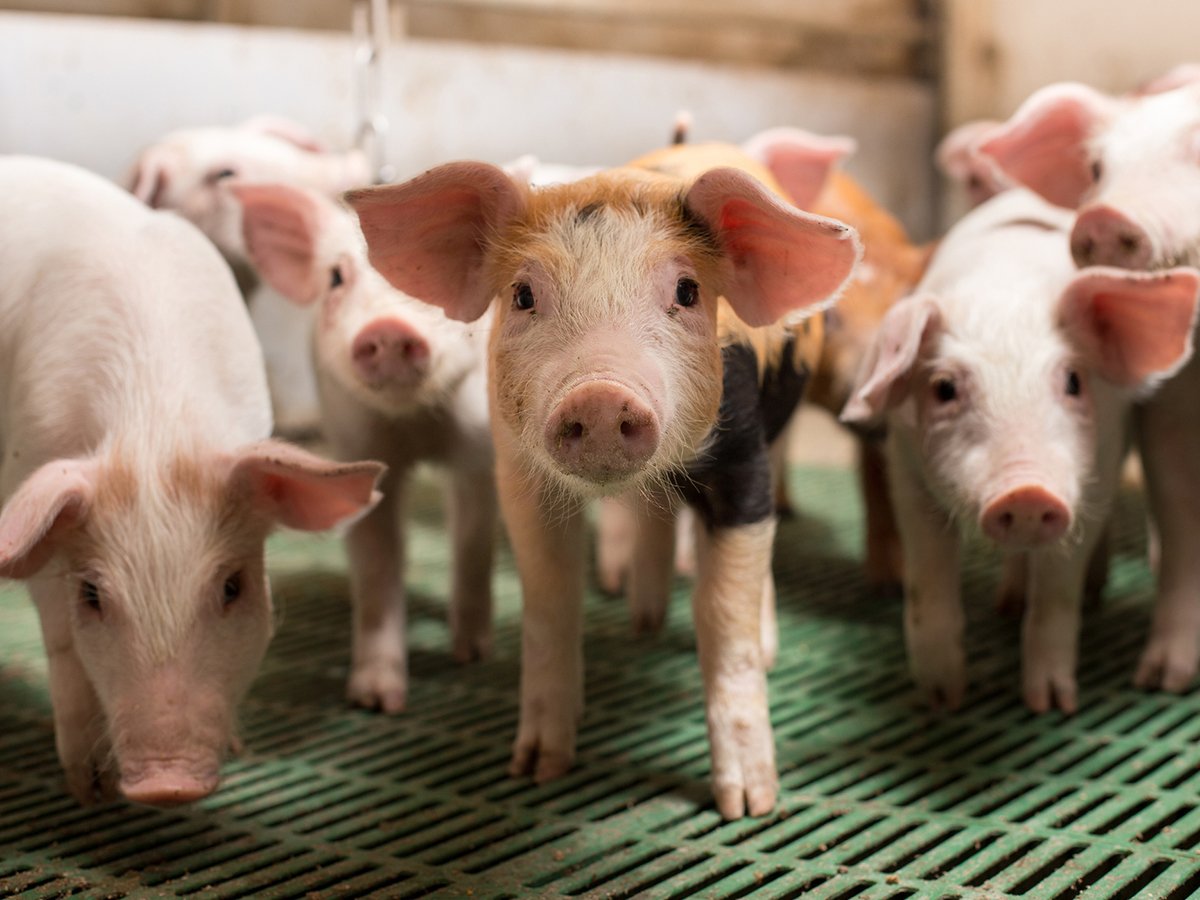
The Western Producer Livestock Report – October 9, 2025
Western Producer Livestock Report for October 9, 2025. See U.S. & Canadian hog prices, Canadian bison & lamb market data and sales insights.
The position is similar to the one taken by the National Cattlemen’s Beef Association last summer, said Canadian Cattlemen’s Association president Travis Toews, who attended the AFBF meeting.
He said delegates to that meeting also want a legislated solution as soon as possible.
The industry has seen wide swings in basis levels since COOL was implemented, as well as a reduction of Canadian feeder imports of 6,000 head per week.
This is happening as U.S. cow numbers sharply decline.
Steve Kay, editor and publisher of Cattle Buyers Weekly, said American demand for Canadian cattle will increase as the industry looks for ways to supply consumers.
“We will need more Canadian cattle if we can possibly get them.”
Support for a legislated solution was also expressed at the State Agriculture and Rural Leaders summit in Virginia in January, which was attended by Canadian representatives.
The resolution passed at that meeting called on the United States to waive an appeal “and further encourages the United States Congress to make a legislative amendment that would bring COOL into conformity with the U.S. WTO obligations without hindering the ability of the United States to continue to implement COOL for informed consumer decisions.”
Toews said it remains to be seen how widespread this type of support is.
“This U.S. administration listens to the (American) National Farmers Union. The NFU will struggle with supporting (the AFBF resolution).”
He added that a report is likely by mid-summer if the appeal does go ahead.


